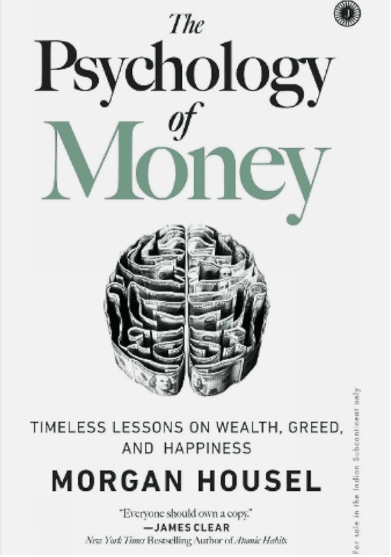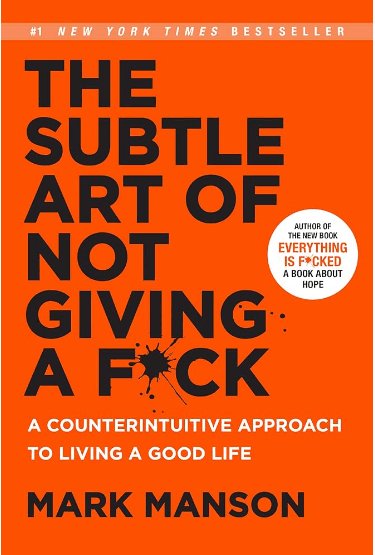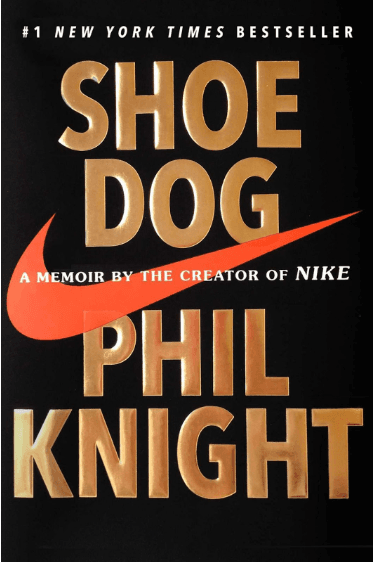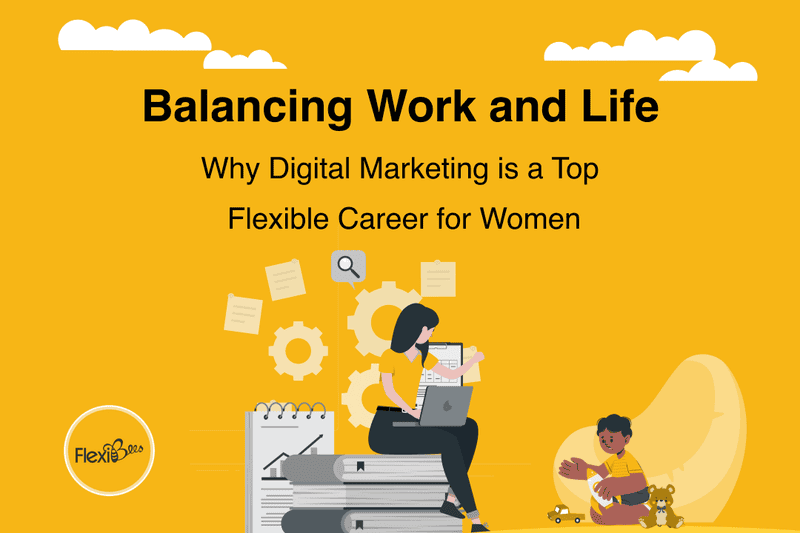I was that kid who took a book everywhere I went. I am still that adult who never leaves the house without one.
While reading has helped me in ways innumerable, here I recount three books in my stable that have helped me become a better entrepreneur.
The Psychology of Money by Morgan Housel

Now there are many lessons to internalize from this book. I recently listened to it on Audible, after resisting it for ages. And I was pleasantly surprised.
The most astounding lesson from this book for me has been the one on compounding. One knows the theory of it, but the example that Morgan Housel used blew my socks off. He spoke about Warren Buffet (as anybody explaining money inevitably will), postulating a scenario where had he, Mr Buffet, started investing in his thirties and stopped investing in his sixties, with the same rate of return he has now he would have made twelve million dollars in total. As opposed to - the whopping eighty five billion dollars that is his present net worth!
Yes you read that right, it is a difference of MILLions to BILLions. And it can be explained by compounding.
Apparently he started investing seriously when he was 10 years old and has been for more than 75 years. As Morgan Housel so poetically puts it, his skill is investing, but his secret is time.
Compounding works not just in money but in all things in life. Your skills compound and even relationships compound. A brand compounds, where equity is built over years, by communicating the same message consistently in a hundred different ways. At FlexiBees, we have also seen our actions compound in a few of our functions, where through focus and iteration, deep knowledge and know-how has now accumulated over time.
Now that I understand the concept well, it’s all the more reason to stick with it in execution.
The Subtle Art of not Giving a F*ck by Mark Manson

I read this book a few years ago, early into my entrepreneurial journey. I loved it, and have been quoting it since.
It is a book far from being universally loved, the polarizing nature of it most likely stemming from the perceived arrogance - the sheer cocksureness - of its author. He is certain that he has it all figured out, and I get why that would be putting-off.
For me however, the book was (mostly) resonant all the way through. And the one thing I carry with me, that helps me make sense of life in all its befuddling glory, is the philosophy that every single path comes with its share of tribulations, its own unique challenges, and the only choice we have is to identify the pain that we are willing to live with.
Entrepreneurship is a perfect example. It is a trial by fire, a herculean effort against entrenched systems and the status quo. There are daily pains, weekly aches, monthly heart-breaks. But founders, driven by the destination, equal parts visionary and delusionary, can live with the uncertainty and the chaos. Some even learn to thrive in it.
Shoe-dog by Phil Knight (ghost written by J.R Moehringer)

Now this one is a no-brainer, one might think - the tremendous journey of Nike, the shoe brand, chronicled in print, will of course be useful to founders.
But you read it and realize that it is nothing like you imagined - it doesn’t have clean take-aways, no research or data-backed dos and donts. You don’t come away feeling more knowledgeable, slightly inspired, with material enough for the next town-hall or dinner-table conversation.
No. Instead, you experience a weightiness of sorts, a cloudy nebula of emotion that is dense and indecipherable. There are sparks of admiration, slivers of inspiration and a quiet sort of exhilaration, but you also feel tired. Tired of running alongside Phil Knight, as he runs, without end or respite towards the single-minded goal of making great shoes for America.
An accountant by training, he gives himself no airs. He simply wants to sell good running shoes. Moreover he wants to keep growing. So a large part of the book is just him living by his lines of credit, completely dependent on the bankers who inexplicably keep lending to him despite never seeing a reversal in cash-flows. The lines eventually do run dry, as do his suppliers pull out.
You think, is this the legendary Nike we are reading about? Okay so every hero’s journey begins with obstacles, got it. But where is the redemption arc? When does the founder get a moment of rest, when does he get to lean back and feel proud of what he and his team has built, when do his investors realize they have a NIKE on their hands? When?
It never comes.
And that is the truth about building great things. One suspects it never feels like you have arrived - there is the next goal to reach, the next payday to make, the next big thing to break. Yes there are victories, but they almost pass you by.
Especially if you are like Phil - resourceful, gritty, with the knack of infecting others with your belief - but entirely disinterested in laurels. You just keep running.
**
Hope you liked reading my philosophically-charged ruminations. And if you did, do tell me which your favorite books are. The ones that never left you, the ones that - dare I say - changed you.


